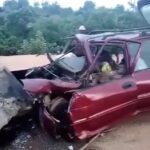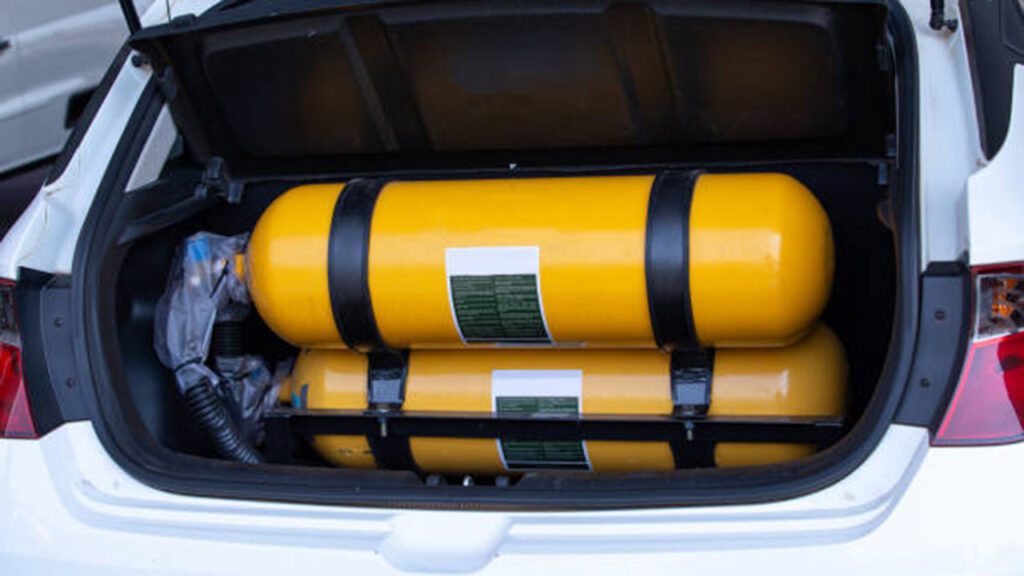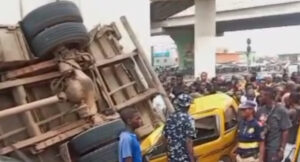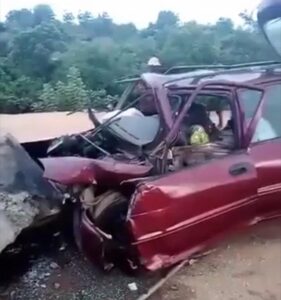The Malaysian government has announced plans to phase out the use of compressed natural gas (CNG) for vehicles and end the sale of natural gas vehicles (NGV) in the country.
Loke Siew Fook, minister of transport, spoke at a press conference recently, according to Free Malaysia Today (FMT), a local media organisation.
Fook said CNG-powered vehicles can no longer be registered or be used in Malaysia from July 1, 2025.
He also said Petroliam Nasional Bhd (Petronas), a government-owned oil and gas company, will halt the sale of CNG at its stations in stages, starting on July 1, 2025.
The minister said with only about 44,383 NGVs currently in the country — accounting for 0.2 percent of vehicles in Malaysia, excluding motorcycles — the safety of road users and the public will be restored.
“The NGV tanks of these vehicles are now reaching the end of their service life and need to be replaced and NGV tanks typically have a safe usage period of 15 years,” Fook said.
He further said there are also some car owners who have modified their vehicles using liquefied petroleum gas (LPG) cylinders, which are very dangerous.
The minister said the vehicles had caused explosions during accidents.
Fook said an assistance package aimed at helping owners of CNG-powered vehicles during the coming transition period has been put in place.
“Taxi drivers using NGV vehicles are eligible for a one-off RM3,000 e-voucher through Petronas’s Setel mobile app,” he said.
“They must have been registered with the Land Public Transport Agency before October 1.
“For dual-fuel vehicle owners, they can get their NGV kits removed for free at workshops selected by the transport ministry. Their vehicles must be registered with the road transport department (JPJ) before October 1.
“Lastly, for owners of purely NGV-powered vehicles, they are eligible for a one-off payment based on the current value of their vehicles, which will be determined by an independent appraiser.
“For this package, the vehicles must also have been registered with JPJ before October 1.
“Upon taking up the offer, the vehicles will be sent to an authorised automotive treatment facility to be disposed of and deregistered by JPJ.”
Fook said it is necessary to prevent the misuse of the vehicles or for any illegal modification to be carried out on them as it would endanger the public.
He said payments under the support package will be made within three to seven working days “of receiving a vehicle’s certificate of destruction and deregistration slip”.










More Stories
Trump worries Putin may be playing him, does not want end to Ukraine/Russia war
Pope Francis funeral underway,Trump signals high level meeting with Zelensky at the event
Wike gives condition for peace, scolds Rivers elders